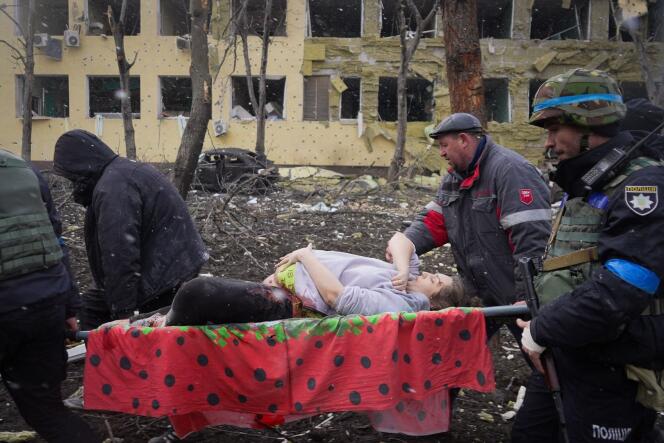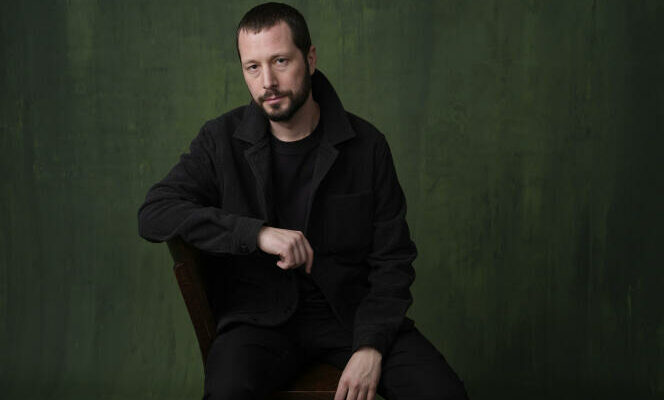Evgeniy Maloletka and Mstyslav Chernov of the Associated Press (AP) agency were the last two international journalists to work in Mariupol, in March 2022, before fleeing the besieged Ukrainian city, deprived of water and electricity, soon reduced to a pile of ruins. Their images and testimonies documented the extent of the devastation suffered by civilian populations. From this work, the Ukrainian photojournalist and photographer Mstyslav Chernov made the documentary 20 days in Mariupolnominated for the Oscars and broadcast on Sunday February 25 on France 5.
The city of Mariupol is still occupied today. Do you know what happened to the residents you filmed?
For 90% of them, yes. Some remained in Mariupol for various reasons, but many left. Residents who have seen the film contact us spontaneously, too. This is particularly the case of the frightened boy who looks for his mother after the bombing of the maternity ward. He spent a lot of time in Mariupol with his family. His mother and father were injured. He stayed with his pregnant sister, in a basement. And she gave birth to a child, but they couldn’t leave town for months because they didn’t have a birth certificate. So they had to come all the way before arriving in Europe, where they live today, in safety. This is just one story among many.
How do they react to seeing your documentary?
We made special screenings with the residents of Mariupol [déplacés ou réfugiés]. For me, it was both emotional and scary because I was afraid that people would relive their trauma. But I found that it was quite the opposite. Not only because they saw it with their community, in a relatively safe environment, but also because they know that their story will not be forgotten. This is what they kept telling me: now, they have a tool to speak to those who have not experienced this tragedy, in Europe or elsewhere, and express what they experienced.

It is undoubtedly all the more important for them as Russia seeks to impose a falsified reading of this story, just as it has always denied having bombed the maternity ward, denouncing a “staged”…
Yes. Each time the reality of what they experienced is questioned, it is painful for them. From the first day of the offensive, Russia lied that it was not targeting civilians. Recently, she announced that she is going to release a scripted film about Mariupol, which will be called Mariupol 2022. So if you are in Russia, and you are looking to see 20 days in Mariupol (on the Internet), it is entirely possible that you will come across this scripted version of reality, and not our documentary – which is arguably the main goal.
You have 53.81% of this article left to read. The rest is reserved for subscribers.
